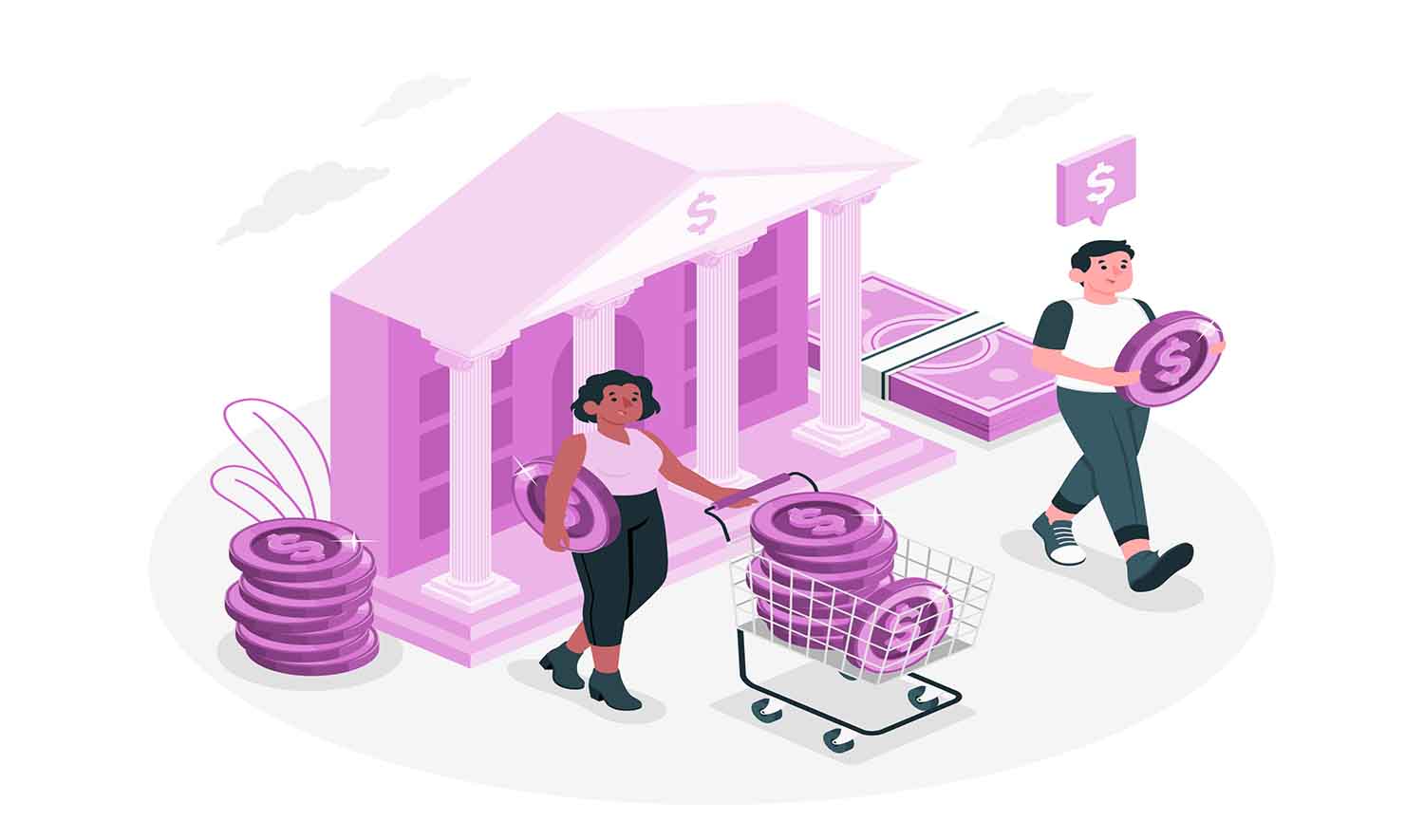After the financial meltdown of 2008, which was driven by sub-prime loans peddled by large banking institutions (a topic for another day), a majority of these national banks found themselves looking to cut expenses. To reduce overhead, some laid-off employees, others reduced the types of services they offered, but they all decided to close branches in Low- and Moderate-Income areas. These unintended consequences of their action gave rise to the Alternative Financial Services Industry.
You are probably asking, what is Alternative Financial Services? If you live or grew up in an area similar to Roseland, chances are you have seen one or several. Alternative Financial Services are just as the name implies. It is a substitution for a normal function. Check-to-cash, pay-day loans, and rent-to-own are all examples of AFS. In a “normal” environment, a bank would cash your check so you can deposit your money with them, provide you a personal loan, or approve you for an auto loan. When banks fail to do what they were intended to do, it gives other players space to operate.
In the beginning, banks existed to serve the communities they were in by providing essential deposit and lending functions. Over time banks wanted to expand from their regions and get more involved in complex transactions that would generate more money for their shareholders, which meant less focus on bread butter essential functions. The Community Reinvestment Act further the divide between large banks and Black & Brown communities because it allowed banks to be present but not be held accountable to serve those areas. And post the massive branch closings in 2009, Alternative Financial Services became the only financial services for Low and Moderate Income areas.
Let’s be clear. Any business that can charge its customer, on average 3.5% or up to 300% to cash a check, is not in the business of helping that community. Any business that can charge its customers, on average 400% interest in not in the business of helping that community. This is the definition of predatory lending. Families who are barely hanging on by a thread should not have to pay more for essential services that families in affluent areas take for granted.
There has to be a better way to provide the necessary deposit and lending functions handled by Alternative Financial Services businesses who are traditionally in poor and Black & Brown communities. The ridiculous interest rates being charged by pay-day lenders perpetuate a circle of death that crushes some families. Even if you manage to pay a loan off and on time, those lenders do not report your stewardship to the credit bureaus. However, should you become delinquent or fail to pay, then and only then will you be notified. We have to look to technology and ourselves to create the financial service companies that will have our communities’ best interest at heart.
This is not impossible.
The Impact Financial Services Have on Communities – Part 2
